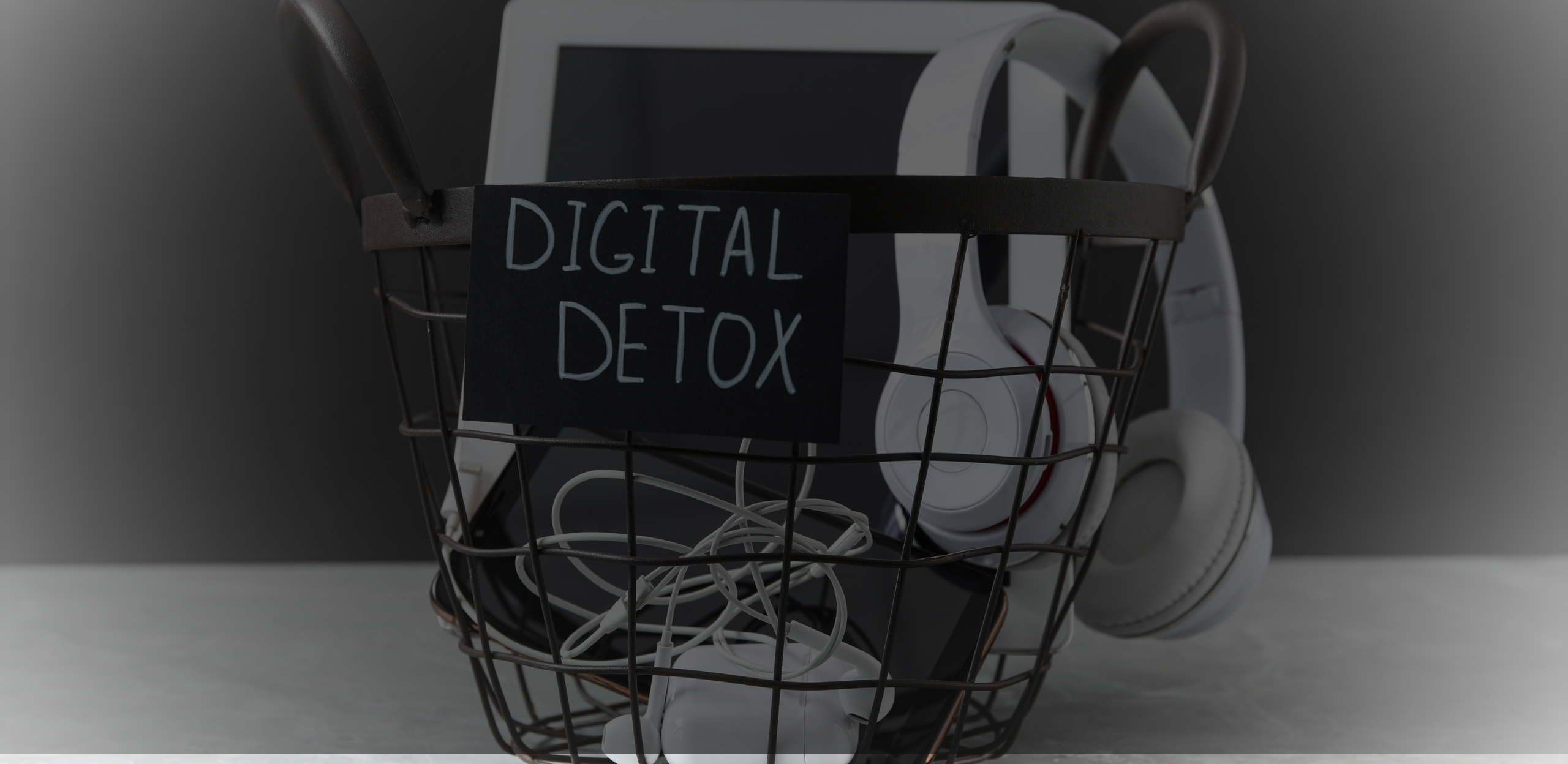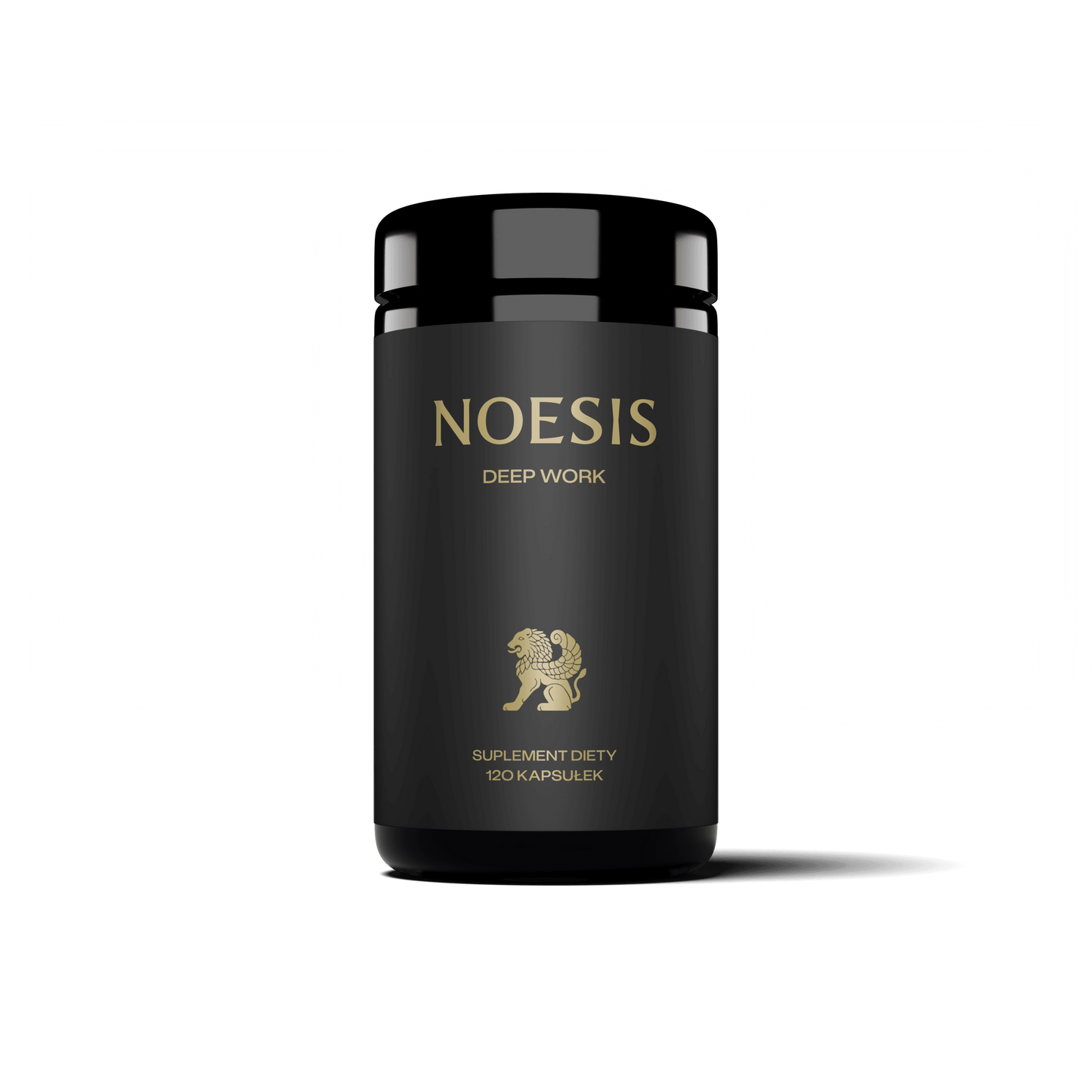
Research by the World Health Organization indicates that 40 percent of employees worldwide experience high levels of stress at work, which negatively affects their mental health and productivity. It’s no wonder that we feel tired not only physically but also mentally. Excessive stress and pressure cause the growing problem of burnout, but also difficulties in mental regeneration. How to deal with it?
Society is overloaded. Excessive stress is taking over.
Excessive responsibilities fall on us every day. From early morning, we have a list of things to do in our heads. Taking the kids to school, calling a client, meeting the boss, going to the gym and shopping. The world rushes, and we rush along with it. This constant pressure to achieve more and more may seem ordinary, but too many responsibilities have serious consequences for our minds. Too intense a pace of work or study leads to mental overload, which results in a decrease in cognitive abilities. It manifests itself in difficulties in concentration, lack of clarity of thought and even problems with making simple decisions. Along with this, the quality of sleep deteriorates, which causes a vicious cycle of fatigue and weakened regeneration.
The pressure to achieve and expect high efficiency is a daily reality for many people – experienced by entrepreneurs, students, athletes and other experts in their industries. Unfortunately, the stress associated with such pressure often works to our detriment – it can lead to the loss of gray matter in the brain. The prefrontal cortex and hippocampus are particularly sensitive to this process – areas responsible for the most important cognitive abilities, such as memory, decision-making, controlling and expressing emotions and planning actions.
Mind Regeneration – What Can Help?
In order to support mental regeneration and reduce the negative impact of the body's response to stress, it is worth reaching for proven methods. Below are a few of them:
Healthy diet
To improve your well-being and increase your resistance to stress and your body's efficiency, it is worth taking care of your body's hydration. A balanced diet is also important. Among others, fatty sea fish, linseed oil, legume seeds, seafood, pumpkin seeds, fruits and vegetables rich in vitamin C and all products with a high content of B vitamins have a positive effect on our body.
Regular physical activity
Physical activity is one of the best ways to reduce stress and improve your mental health. Regular exercise increases your endorphin levels, which act as natural antidepressants. Whether it’s jogging, yoga, or even a brisk walk, any form of exercise can help you regain your inner balance.

Regular sleep and rest
Physical activity is important, but it is also worth giving yourself a chance to rest. Sleep is the foundation of mental health. During nighttime regeneration, the brain processes collected information and removes toxins. In this way, it gives itself a chance to concentrate better and function more efficiently the next day, in the thicket of daily duties.
Breathing exercises and meditation
These techniques reduce tension, lower the level of cortisol, the stress hormone, and help achieve a state of inner peace. Even 10 minutes of conscious breathing can significantly improve well-being and help focus and find balance. Regular physical activity is not for you? Opt for breathing exercises - it is a way to feel good and escape from everyday problems for a moment.
The Importance of Digital Hygiene. Why is it so Important for Proper Functioning?
We are constantly forced to be surrounded by technology. We don't even realize when we receive new notifications on our phones or work emails, not to mention the constant browsing of social media. All this leads to mental overload and, consequently, to reduced productivity and problems with regeneration. What can we do about it?
Instead of being online all the time, it is worth trying to introduce the principle of limiting screen time, especially in the evening. Screens emit blue light, which disrupts our natural circadian rhythm. There are more negative effects - blue light also makes it harder to fall asleep and regenerate the body. So it is worth trying to set boundaries for yourself on a daily basis, e.g. instead of reaching for the phone, reach for a book.
In addition, it is worth using the so-called digital detox, i.e. consciously limiting the use of electronic devices during the day. A good solution is to designate specific hours for browsing emails and social media, which allows you to avoid constant distraction. This practice helps you regain control over your time, improves concentration and supports the ability to work deeply and mentally regenerate.

Rest is not a weakness
Regeneration is not a luxury, but the basis for maintaining high efficiency. And a rebuilt mind means a more efficient working day. When energy levels drop and we feel that our internal batteries are flat, it is not worth adding tasks to ourselves - this will turn into long-term stress. The body reacts to our fatigue, first giving an orange, and then a red light. Fatigue contributes to a decrease in immunity (not only to stress, but also to the body's ordinary immunity), causes a decreased well-being. A small amount of sleep fuels this destructive mechanism. It is therefore worth allowing yourself to relax, remembering that it is an investment in well-being. When energy levels return, reach the right level again, it will be easier for us to function properly.
It is worth allowing yourself to rest and treating it as part of a health strategy, not a luxury privilege. When energy levels return to optimal levels, it will be easier for us to make decisions, maintain clarity of thought and act effectively in our daily duties. By taking care of regeneration, we invest in long-term effectiveness and quality of life.







